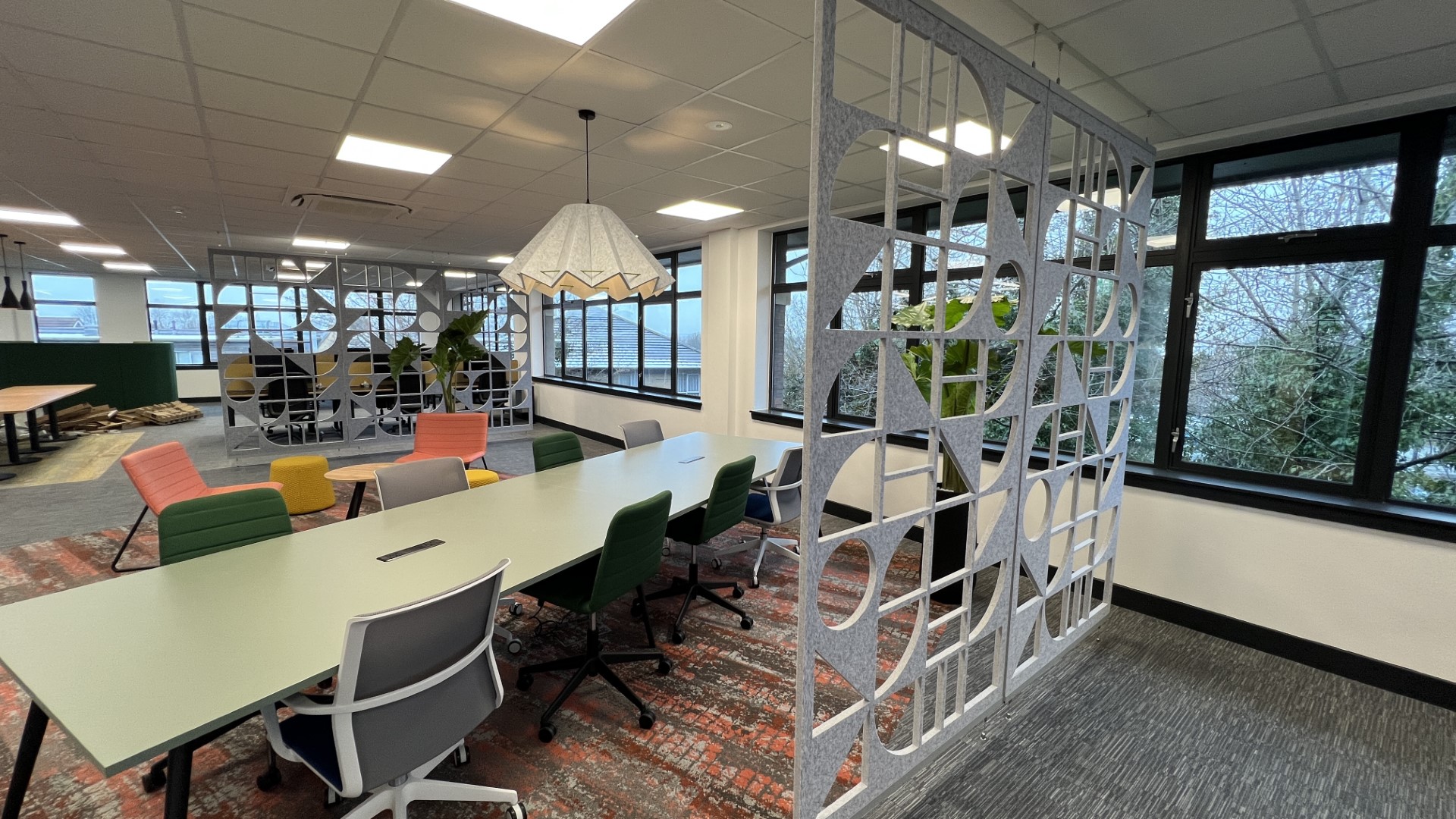In a world filled with noise, finding tranquility and focus can be a challenge. Whether you’re working in a bustling office, studying in a noisy classroom, or simply trying to enjoy a quiet dinner at a crowded restaurant, the solution to these auditory dilemmas often lies in the innovative technology of Écrans acoustiques.
Introduction
Acoustic screens have become essential tools in managing noise and creating a more peaceful and productive environment. These versatile pieces of equipment offer a plethora of benefits and can be customized to suit a wide range of spaces. In this article, we will delve into the world of acoustic screens, exploring what they are, how they work, and their various applications.
What Are Acoustic Screens?
Acoustic screens, also known as sound absorption panels or sound barriers, are specialized structures designed to reduce noise levels in a given space. They typically consist of a core material that absorbs sound, enclosed in a fabric or hard shell. The core material is often made of materials like foam, fiberglass, or even recycled textiles.
Benefits of Acoustic Screens
1. Noise Reduction
The primary benefit of acoustic screens is their ability to reduce noise levels significantly. Whether it’s the chatter of coworkers, the hum of HVAC systems, or the clatter of dishes in a restaurant, these screens provide a barrier that absorbs and dampens sound, creating a quieter environment.
2. Improved Privacy
Acoustic screens also enhance privacy by reducing sound transmission. In open office settings, for instance, employees can work with a sense of confidentiality, making it easier to focus and have private conversations without disturbing others.
3. Enhanced Productivity
In quieter, less distracting environments, individuals tend to be more productive. Acoustic screens help create a conducive workspace, improving concentration and overall work quality.
4. Aesthetically Pleasing
These screens are available in a wide range of designs and colors, making them a functional and aesthetic addition to any space. They can seamlessly blend with the existing decor or stand out as decorative elements themselves.
Types of Acoustic Screens
Acoustic screens come in various types, each catering to specific needs and settings.
4.1 Desk-Mounted Acoustic Screens
Desk-mounted screens are designed to be attached to the edges of desks and workstations. They create a personal sound barrier for individual users, reducing distractions and enhancing focus.
4.2 Floor-Mounted Acoustic Screens
Floor-mounted screens are larger and often used to divide larger spaces, such as open-plan offices or classrooms. These screens provide both sound absorption and visual separation.
4.3 Hanging Acoustic Screens
Hanging screens are suspended from the ceiling and are particularly useful in spaces with high ceilings. They can be used to create partitions, absorb sound, and add an artistic touch to the surroundings.
4.4 Acoustic Room Dividers
Acoustic room dividers are versatile and can be easily moved or reconfigured. They are ideal for creating temporary spaces within larger areas and serve as both sound absorbers and visual barriers.
How Do Acoustic Screens Work?
Acoustic screens work through sound absorption. When sound waves strike the screen, the core material within the screen absorbs the sound energy, preventing it from bouncing back into the room. This absorption effectively reduces noise levels, creating a quieter ambiance.
Choosing the Right Acoustic Screen
The choice of acoustic screen depends on several factors, including the space’s size, layout, and the specific noise-related challenges you’re facing. Consider the following when making your selection:
- The type of screen (desk-mounted, floor-mounted, hanging, or room divider)
- The material and design that complements your space
- The level of noise reduction needed
- Your budget and maintenance requirements
Installation and Maintenance
Installing acoustic screens is usually a straightforward process, but it’s important to follow the manufacturer’s instructions carefully. Maintenance typically involves regular cleaning and inspection to ensure optimal performance.
Acoustic Screens in Different Environments
Acoustic screens find applications in various settings, enhancing the quality of life in different ways.
8.1 Offices
In office spaces, acoustic screens help create quiet workstations, reducing the distractions caused by open-plan layouts.
8.2 Schools
Classrooms benefit from acoustic screens, creating quieter learning environments and aiding concentration.
8.3 Healthcare Facilities
In healthcare settings, acoustic screens contribute to patient privacy, reducing noise disturbances that can affect recovery.
8.4 Restaurants
Restaurants use acoustic screens to enhance the dining experience, allowing patrons to converse comfortably without the cacophony of background noise.
The Importance of Sound Quality
Sound quality is an often overlooked aspect of our surroundings. Acoustic screens play a vital role in improving the quality of sound in any space, making it more pleasant and comfortable for everyone.
DIY Acoustic Solutions
For those on a budget or looking for a more personalized approach, there are various DIY acoustic solutions that can be easily implemented.
Conclusion
Acoustic screens are a powerful tool in the battle against noise pollution, offering a quieter, more focused, and pleasant environment. Whether in offices, schools, healthcare facilities, or restaurants, these screens make a significant difference. So, if you’re looking to enhance the acoustic quality of your space, consider integrating acoustic screens to create a more peaceful and productive atmosphere.

